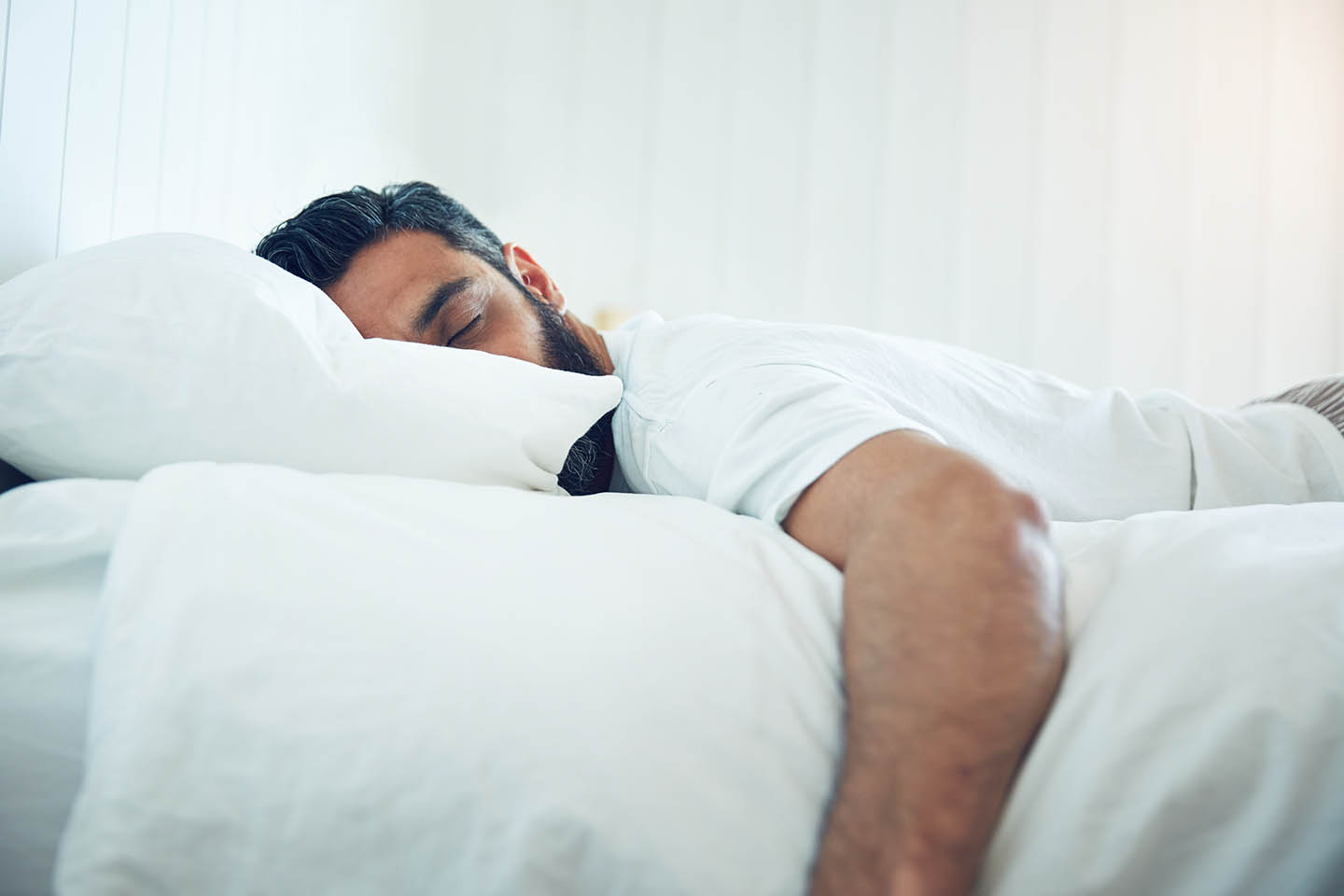Combatting anxiety: Serotonin and calm
If you stay up at night worrying about financial problems, a rocky relationship, or other stressful issues, a massage may be the key to sounder sleep. Regular massage sessions have been found to decrease depression and anxiety levels and improve sleep quality, perhaps because they trigger the release of serotonin, a neurotransmitter that can help you feel calm.
Combatting pain: Fewer disturbances
Not only can a body rub bring stress levels down, but it may also help ease pain. In fact, people with lower back pain who had 30-minute massage sessions twice a week for five weeks reported a decrease in pain and fewer sleep disturbances. This may be because massage encourages more time spent in the deep, restorative stages of sleep, where your body hardly moves.
Other factors: e.g. distraction, light, routine.
Changes in the structure and function of the brain during development can have profound if gradual, effects on sleep patterns. The amount of sleep we obtain generally decreases and becomes more fragmented throughout our lifespan. External factors, such as what we eat and drink, the medications we take, and the environment in which we sleep can also significantly affect the quantity and quality of our sleep. In general, all of these factors tend to increase the number of awakenings and limit the depth of sleep.
Light is one of the most important external factors that can affect sleep. It does so both directly, by making it difficult for people to fall asleep, and indirectly, by influencing the timing of our internal clock and thereby affecting our preferred time to sleep. Problems can occur when our exposure to light changes due to a shift in work schedule or travel across time zones. Under normal conditions, our internal clock strongly influences our ability to sleep at various times throughout a 24-hour period, as well as which sleep stages we experience when we do sleep. Half of all night-shift workers regularly report nodding off and falling asleep when they are at work. This should be seen as an essential concern both for individuals and society, given that airline pilots, air traffic controllers, physicians, nurses, police, and other public safety workers are all employed in professions in which peak functioning during a night shift may be critical.
Many common chemicals affect both quantity and quality of sleep. These include caffeine, alcohol, nicotine, and antihistamines, as well as prescription medications including beta blockers, alpha blockers, and antidepressants. The bedroom environment can have a significant influence on sleep quality and quantity. Several variables combine to make up the sleep environment, including light, noise, and temperature. By being attuned to factors in your sleep environment that put you at ease, and eliminating those that may cause stress or distraction, you can set yourself up for the best possible sleep.
The National Institutes of Health has advised that massage therapy can reduce fatigue and improve sleep. Based on research gathered by the American Massage Therapy Association, massage has also been shown to improve sleep in infants, children, adults, and the elderly alike, as well as individuals with debilitating and sleep disruptive discomfort such as fibromyalgia, cancer, heart disease, lower back pain, cerebral palsy, and pregnancy.
